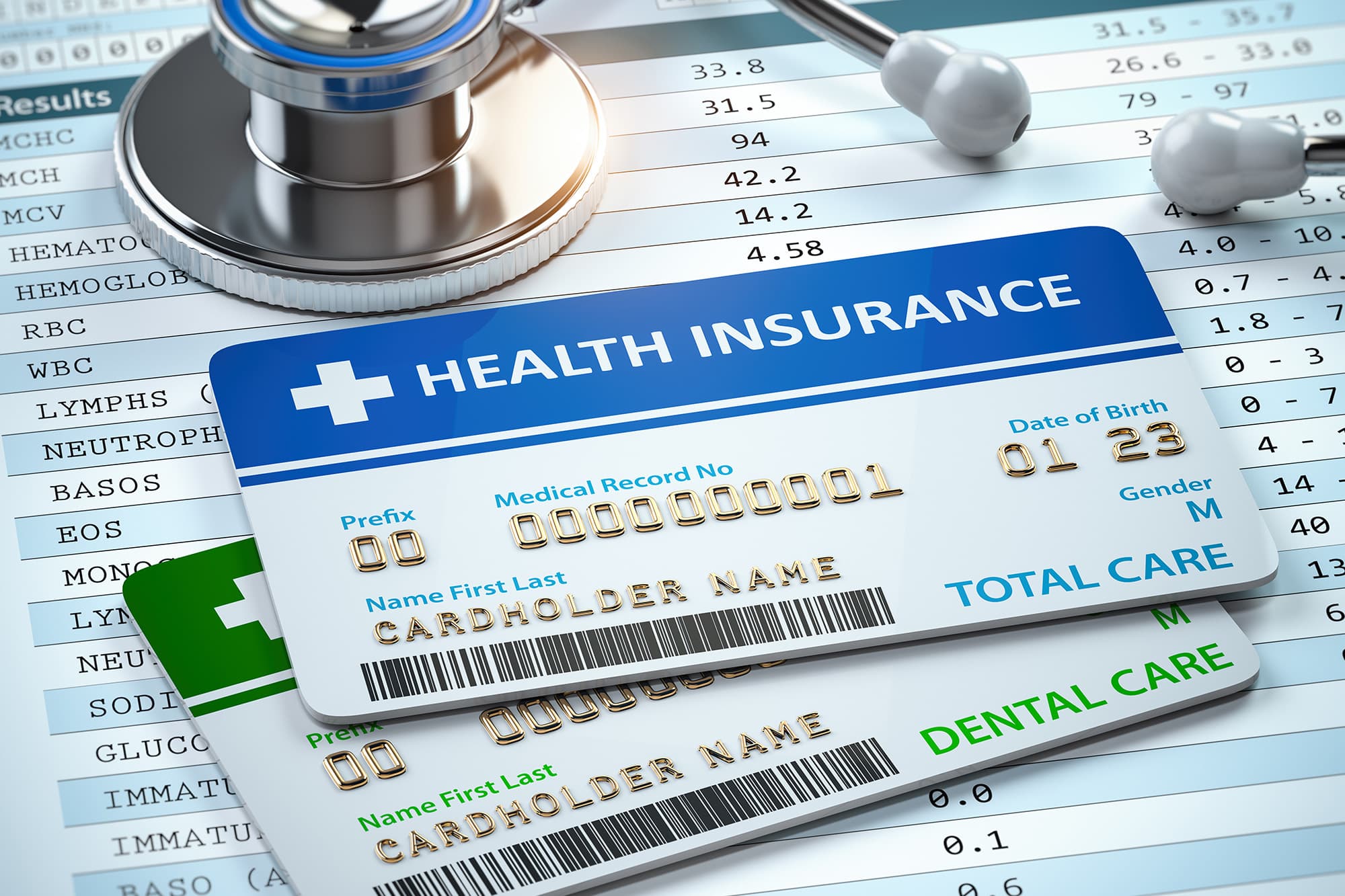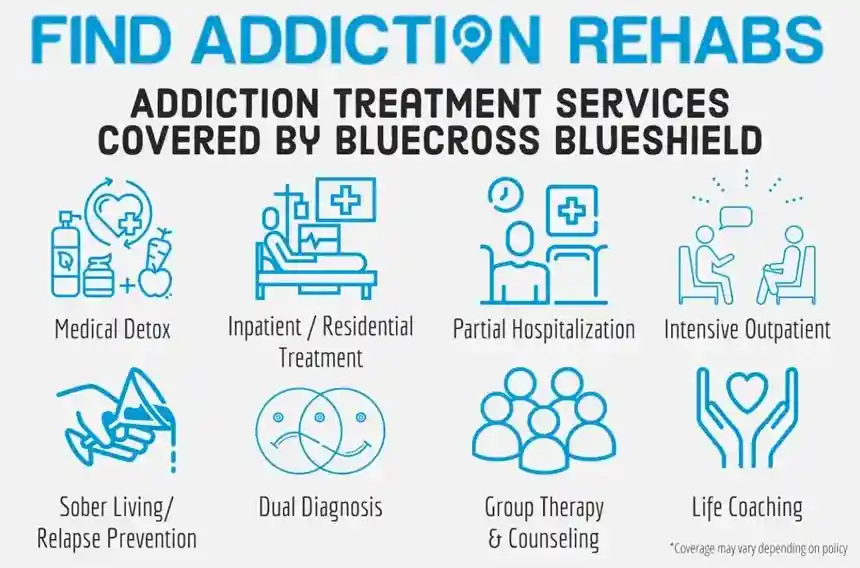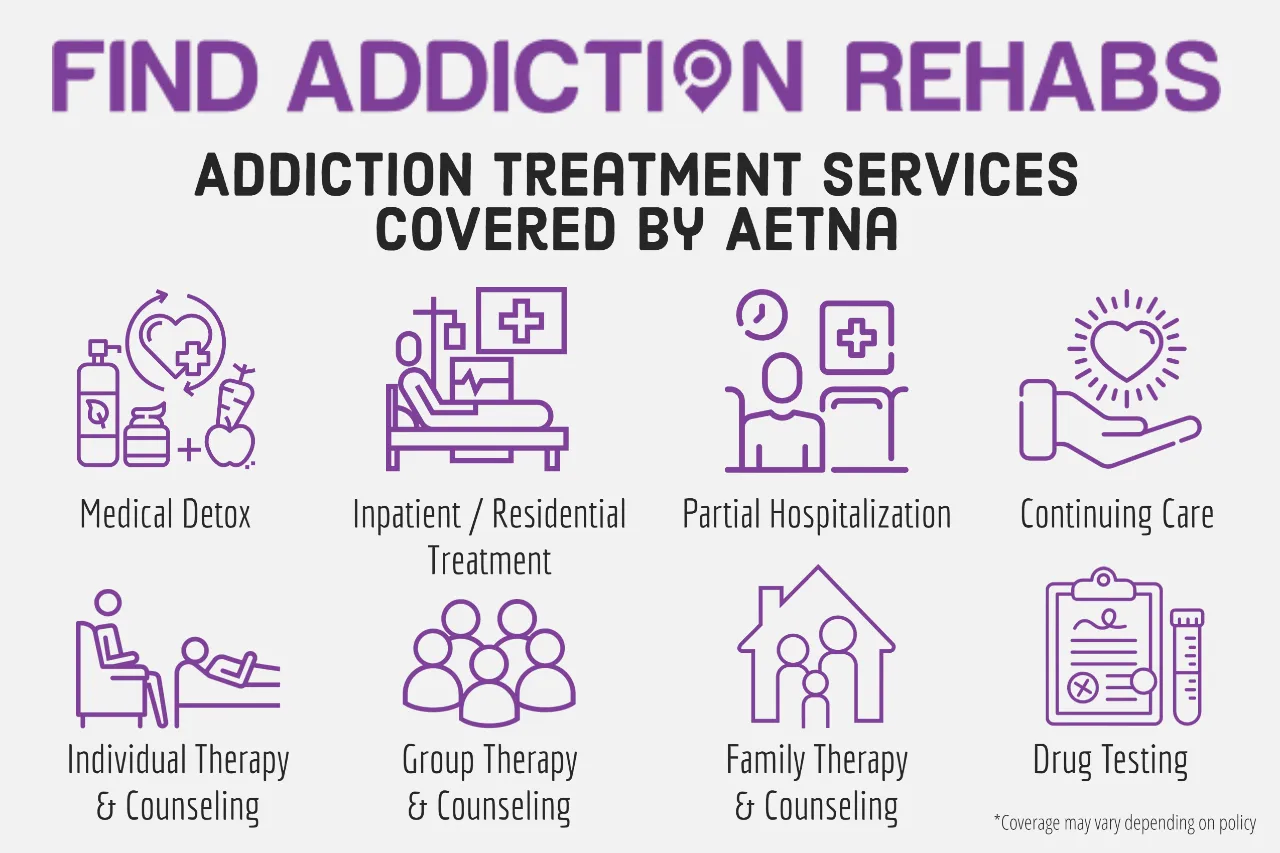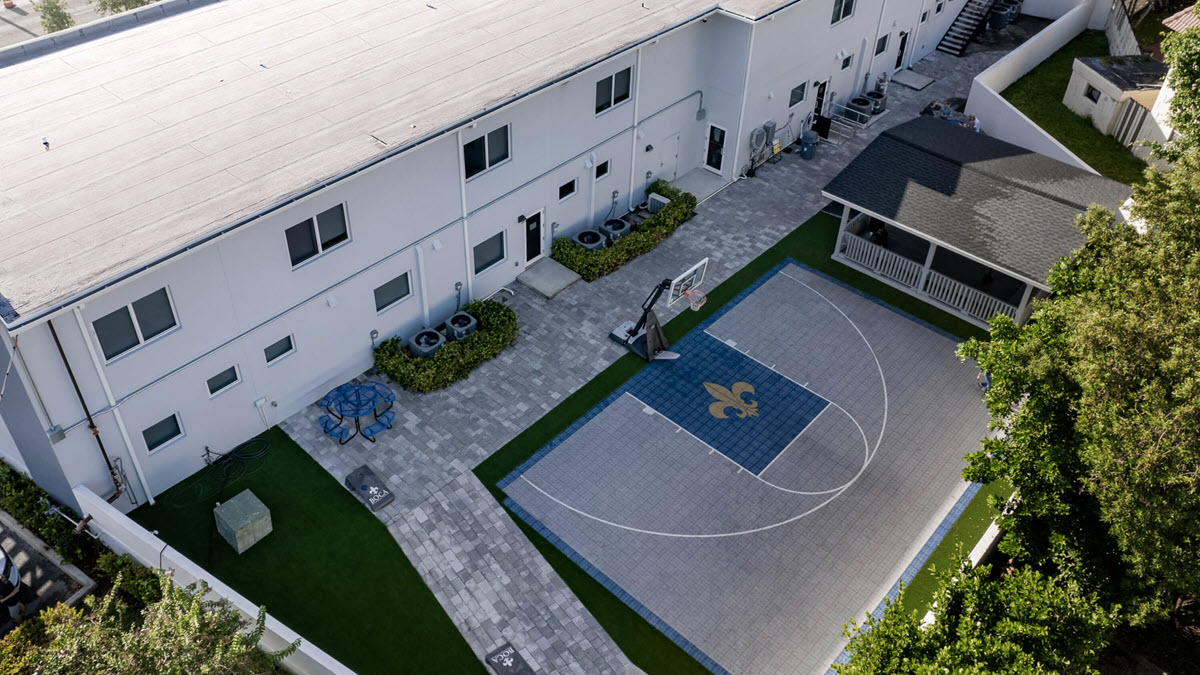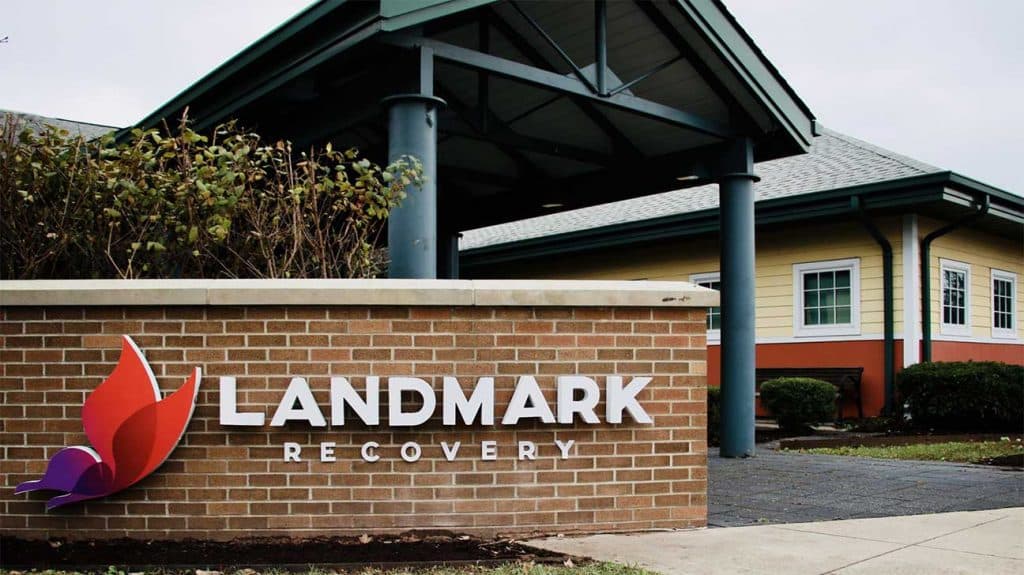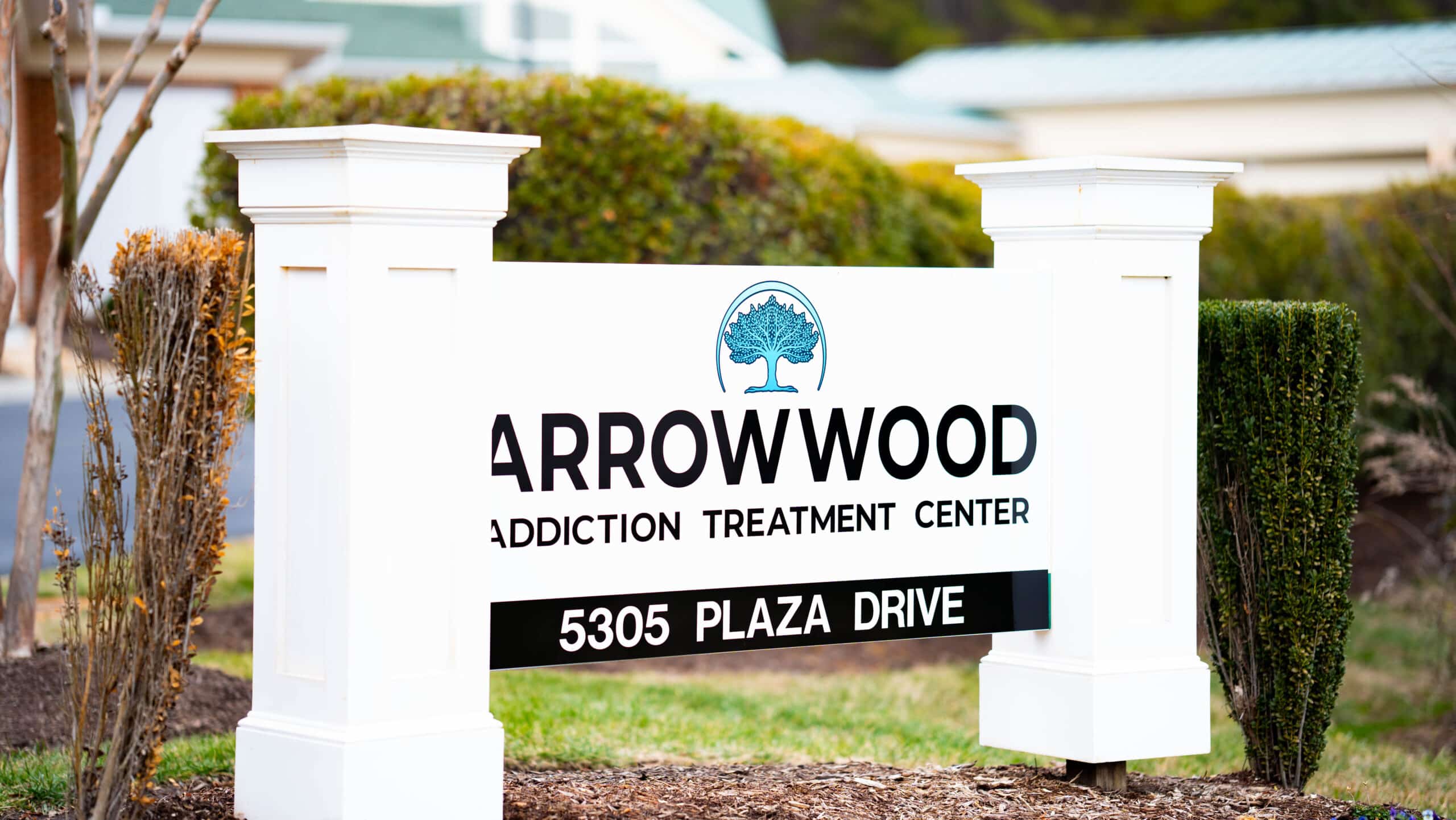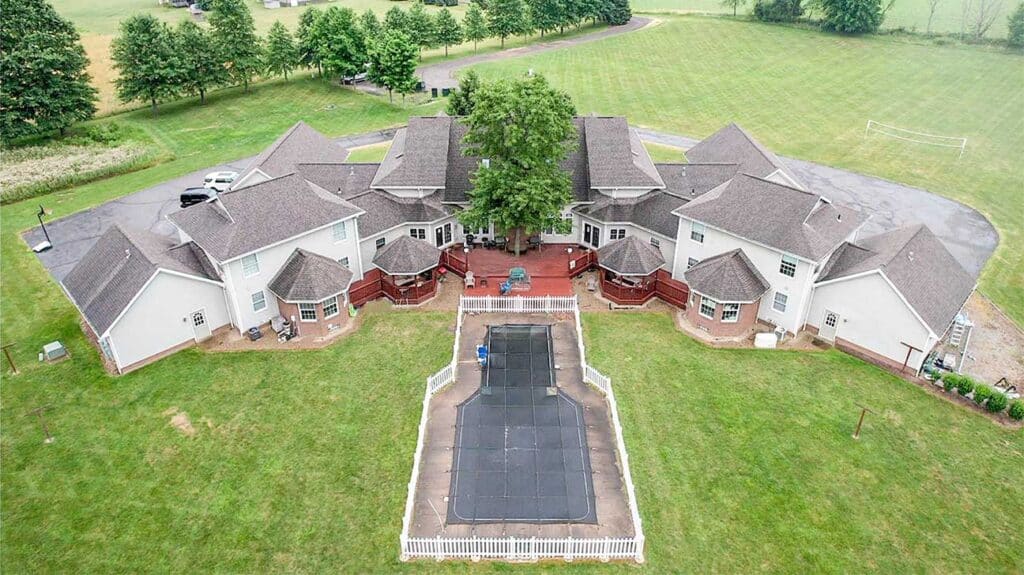
Why Finding the Right Rehab Center Is the Most Important Decision in Your Recovery Journey
Help me find a good rehab center near me is more than just a search query—it’s often a cry for help during one of life’s most challenging moments. Whether you’re seeking treatment for yourself or a loved one, choosing the right rehabilitation center can mean the difference between lasting recovery and continued struggle.
Quick Guide: 5 Steps to Find a Quality Rehab Center Near You
- Identify your treatment needs – Determine if you need detox, inpatient, or outpatient care based on the severity of addiction.
- Search trusted directories – Use resources like SAMHSA’s Treatment Locator or state-licensed facility databases.
- Verify credentials – Check for accreditations (The Joint Commission, CARF) and state licensing.
- Compare key factors – Evaluate treatment approaches, staff expertise, insurance acceptance, and specialized programs.
- Contact facilities directly – Ask about the admission process, costs, and schedule tours when possible.
The challenge isn’t finding a rehab center—it’s finding the right one. With thousands of facilities across the country, the search can feel overwhelming. The good news? You don’t have to steer this alone. Understanding what to look for and which questions to ask can transform an intimidating search into an empowering first step.
The stakes are high. Choosing a facility that doesn’t match your specific needs—whether that’s dual diagnosis treatment for co-occurring mental health conditions or the right level of clinical intensity—can delay recovery or lead to relapse. This guide will walk you through the entire process, from recognizing when help is needed to understanding program types, verifying credentials, and comparing costs.
At Addiction Helpline America, we’ve dedicated ourselves to helping individuals and families steer the complex landscape of addiction treatment. Our team of addiction specialists has connected thousands of people with life-changing treatment resources, and we’re here to help you take that critical first step.
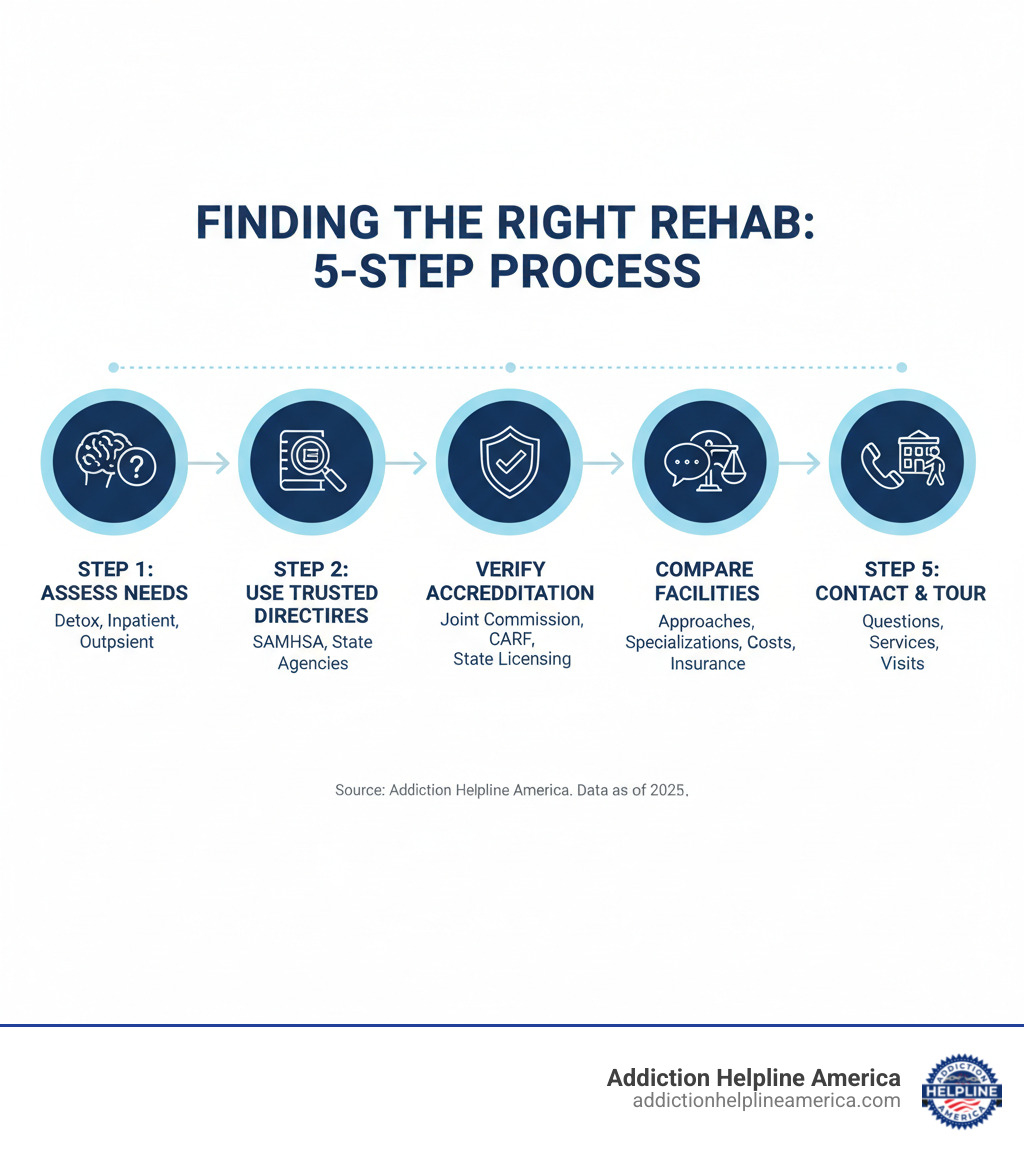
Glossary for help me find a good rehab center near me:
Understanding Your Treatment Needs First
When you first type “help me find a good rehab center near me” into a search engine, it’s important to know that the right treatment center for someone else might not be the right one for you. Before you can find your match, you need to understand what kind of help is actually needed.
Identifying the specific substance involved, the severity of the addiction, and any co-occurring mental health conditions will significantly narrow down your search and point you toward a program that’s built for your needs.

Recognizing the Signs That Professional Help is Needed
Admitting that you or a loved one needs professional help takes courage. Recognizing the signs early can make all the difference. While addiction looks different for everyone, certain patterns signal it’s time to reach out:
- Behavioral Changes: Increased secrecy, dishonesty, a sudden shift in personality, or a preoccupation with using the substance.
- Physical Symptoms: Changes in appearance like poor hygiene or weight loss/gain, tremors, slurred speech, or withdrawal symptoms when not using.
- Social Withdrawal: Pulling away from friends and family or losing interest in hobbies once enjoyed.
- Neglected Responsibilities: Declining performance at work or school, unpaid bills, or ignoring household duties.
- Failed Attempts to Quit: Trying to stop or cut back on substance use multiple times without success.
- Continued Use Despite Consequences: Persisting in substance use even when it causes serious health, legal, or relationship problems.
If you see these signs, know that help is available. Our guide on how to stop addiction offers strategies for taking the first steps.
Different Types of Rehabilitation Programs
Once you’ve recognized the need for help, the next step is understanding the different program types available. Each offers a unique level of care and structure.
- Medical Detoxification: Often the first step, providing 24/7 medical supervision to safely manage withdrawal symptoms from substances like alcohol, opioids, or benzodiazepines. Specialized programs like cocaine detox address the unique challenges of specific substances.
- Inpatient Rehabilitation: Also called residential treatment, this involves living at the facility full-time (typically 30-90 days) for immersive, structured therapy away from daily triggers. It’s best for severe addictions or when the home environment is not supportive.
- Outpatient Programs: These programs allow you to live at home while attending scheduled treatment. Intensity levels vary from Partial Hospitalization (PHP) and Intensive Outpatient (IOP) to standard weekly therapy, offering flexibility for those with jobs or family commitments. Our Intensive Outpatient Costa Mesa Guide provides an example of these services.
- Dual Diagnosis Treatment: This integrated approach treats both a substance use disorder and a co-occurring mental health condition (like depression or anxiety) at the same time, which is crucial for lasting recovery.
- Specialized Programs: Many centers offer programs custom to specific substances or populations, such as alcohol treatment or prescription drug abuse.
Understanding these options transforms your search from overwhelming to manageable. For more information, our Substance Use Disorders overview provides a comprehensive look at the conditions these programs treat.
How to Find and Vet Reputable Rehab Centers in Your Area
Once you know what type of treatment you need, it’s time to tackle the practical question: help me find a good rehab center near me. Finding a facility that’s both accessible and trustworthy can feel overwhelming, but breaking it down into manageable steps makes all the difference.
Using Online Resources to Create a Preliminary List
The internet makes finding treatment options easier, but knowing which resources to trust is key. We recommend starting with directories and guides designed to connect people with quality care.
- Addiction Helpline America’s Directory: Our searchable platform lets you filter by location, substance, treatment type, and payment options to find verified facilities across the country.
- SAMHSA National Directory: The Substance Abuse and Mental Health Services Administration maintains a comprehensive national directory of drug and alcohol abuse treatment facilities. Start with the official SAMHSA Treatment Locator.
- State-Specific Guides: For more targeted information, state guides like our Louisiana Drug Rehab Guide offer localized insights into facilities and resources.
- Doctor Referrals: Your primary care physician or a mental health professional can offer referrals based on your specific medical history and needs.
- Personal Recommendations: Friends or family who have been through treatment can be a good starting point, but always verify their recommendations through official channels.
How to determine if a rehabilitation center is reputable when you need help to find a good rehab center near me
Creating a list is just the beginning. The real work is vetting these facilities to ensure they provide quality care. Here’s what to look for:
- Accreditation: Look for accreditation from organizations like The Joint Commission (JCAHO) or the Commission on Accreditation of Rehabilitation Facilities (CARF). This is a fundamental indicator that a center meets high standards for patient care and safety.
- State Licensing: Every legitimate rehab center must be licensed by the state where it operates. You can typically verify this through your state’s substance abuse agency website. A facility that is evasive about its licensing is a major red flag.
- Staff Credentials: A quality center employs a diverse team of qualified professionals, including licensed medical doctors, psychiatrists, therapists, and nurses. A multidisciplinary team is essential for addressing every aspect of recovery.
- Treatment Philosophy: The center should use evidence-based practices like Cognitive Behavioral Therapy (CBT) and Dialectical Behavior Therapy (DBT). Ask if their philosophy (e.g., 12-step, non-12-step, holistic) aligns with your personal beliefs.
- Success Rates and Transparency: A reputable center should be transparent about how they measure patient outcomes and support long-term recovery through aftercare planning and alumni programs.
- Reviews and Client Satisfaction: While not the only factor, consistently positive feedback from former patients can offer valuable insights into the daily experience at a facility.
For a deeper dive, our Complete guide to drug rehab centers walks you through the entire vetting process.
Key Factors to Compare When You Help Me Find a Good Rehab Center Near Me
Once you’ve narrowed your options to a few reputable centers, it’s time to dig deeper and compare them based on criteria that will directly impact your recovery. This is where you ensure the facility truly aligns with your needs.
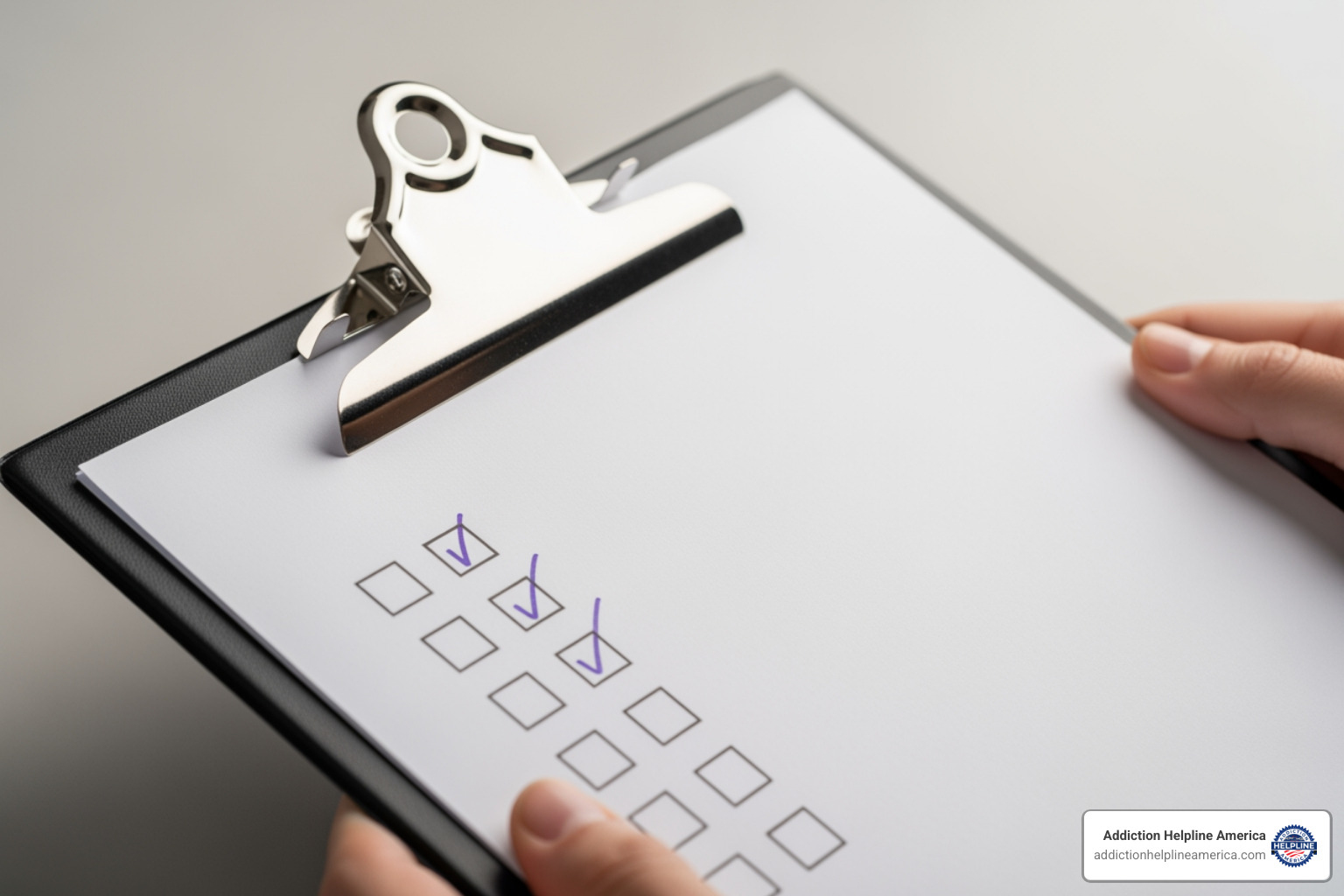
Treatment Approaches and Therapies Offered
The heart of any program is its therapeutic approach. The best centers offer a toolkit of proven therapies customized to your situation.
- Evidence-Based Practices: Look for proven therapies like Cognitive Behavioral Therapy (CBT), which helps change negative thought patterns, and Dialectical Behavior Therapy (DBT), which teaches skills for managing overwhelming emotions.
- Individual and Group Therapy: One-on-one sessions provide a private space to explore personal issues, while group therapy offers peer support and reminds you that you’re not alone.
- Family Therapy: These sessions help repair damaged relationships and teach family members how to support recovery without enabling unhealthy behaviors.
- Holistic Approaches: Many centers complement traditional therapy with activities like yoga, meditation, or art therapy to treat the whole person—mind, body, and spirit.
For those dealing with specific addictions, ask about specialized protocols. Our guide on Rehab for Prescription Drug Abuse provides more detail on what to look for.
Specializations and Demographics
Recovery is not one-size-fits-all. Specialized programs recognize that different people face different challenges.
- Adolescent Programs: Designed for younger individuals, addressing developmental stages and peer pressure.
- Veterans Programs: Address the unique challenges of military service, including PTSD and combat trauma.
- Professionals Programs: Offer discreet treatment for individuals in high-stakes careers like doctors or lawyers.
- Gender-Specific Care: Creates a safe space for men or women to address issues specific to their experiences.
- LGBTQ+ Affirming Programs: Provide culturally competent care that understands the unique challenges this community faces.
- Dual Diagnosis Programs: Essential for those dealing with both addiction and a mental health condition like depression or anxiety.
- Chronic Pain Programs: Integrate pain management techniques with addiction treatment.
- Luxury Options: For those seeking comfort and privacy, Luxury Drug Rehab options offer upscale environments with comprehensive treatment.
When comparing facilities, ask about their patient-to-staff ratio (a lower ratio means more personal attention) and their approach to aftercare planning, which is crucial for a successful transition back to daily life.
Navigating Costs, Insurance, and the Admission Process
Thinking about money during a crisis is stressful, but understanding your financial options can be empowering. Remember: the cost of treatment is almost always less than the cost of continued addiction in terms of your health, relationships, and quality of life.
Understanding the Typical Cost of Rehabilitation
Rehab costs vary based on the program type, duration, location, and amenities. An intensive inpatient program will naturally cost more than weekly outpatient therapy.
To give you a concrete picture, here are some sample costs from New York:
| Type of Care | Average Daily Cost (without insurance in NY) | Average Daily Cost (with 60% insurance in NY) | Average Daily Cost (with 80% insurance in NY) |
|---|---|---|---|
| Inpatient Rehab | $629.48 | $251.79 | $125.90 |
| Outpatient Rehab | $56.87 | $22.75 | $11.37 |
Note: These figures are based on a 30-day stay/program in New York.
Notice how dramatically insurance reduces the daily cost. That’s why verifying your insurance benefits is one of the most important calls you’ll make. Most reputable centers work with major providers like Aetna, BlueCross BlueShield, Cigna, and United Healthcare, as well as government programs like Medicaid and Medicare. Our guide can help you determine Will My Insurance Cover Drug Rehab?
If you don’t have insurance or your coverage is limited, don’t give up. Many facilities offer flexible arrangements:
- Payment plans to spread the cost over time.
- Sliding scale fees based on your income.
- Scholarships or grants from non-profits or the centers themselves.
- Third-party financing to bridge any financial gaps.
What to expect from intake to aftercare to help me find a good rehab center near me
Knowing what to expect can ease the anxiety of starting rehab. Here’s a look at the journey from start to finish.
- Initial Assessment (Intake): This is a conversation with medical and clinical professionals to understand your substance use history, physical and mental health, and life circumstances. It allows them to create a plan that fits you.
- Personalized Treatment Plan: A multidisciplinary team develops a custom roadmap for your recovery based on your specific needs and goals.
- Medical Detox (if needed): Medical staff will monitor you 24/7, using medications when appropriate to manage withdrawal symptoms safely and comfortably.
- Daily Schedule: Your days will be structured with individual therapy, group therapy, educational workshops, and holistic activities. Every element is designed to build lasting change.
- Skill Building: You’ll learn practical life skills and emotional tools for identifying triggers, managing stress, and communicating effectively.
- Transition and Aftercare Planning: As your program nears its end, the focus shifts to preparing you for life after treatment. This includes creating a solid relapse prevention plan and building a support network.
- Ongoing Support: Recovery is a lifelong journey. Aftercare may include ongoing therapy, sober living arrangements, 12-step meetings, or alumni programs that provide continued support.
At Addiction Helpline America, we don’t just help you find a good rehab center near you—we walk alongside you through this entire process. Our team provides free, confidential guidance. Reach out to our Addiction and Rehab Hotlines anytime, including our Alaska Numbers or Louisiana Numbers.
Frequently Asked Questions about Finding a Rehab Center
When you’re searching for help me find a good rehab center near me, you likely have pressing questions. We’ve addressed the most common concerns below to help you make informed decisions.
What is the difference between inpatient and outpatient rehab?
The main difference is where you live during treatment. Inpatient rehab (or residential treatment) requires you to live at the facility 24/7. This immersive approach removes you from daily triggers and provides round-the-clock medical and emotional support. It’s ideal for severe addictions or for those whose home environment is not conducive to recovery.
Outpatient rehab allows you to live at home while attending scheduled therapy sessions at a treatment facility. This flexibility lets you maintain responsibilities like work or family care. It’s a good option for less severe addictions or as a step-down from an inpatient program.
How long does a typical rehab program last?
There is no one-size-fits-all timeline for recovery. The duration of a rehab program is custom to your individual needs. Inpatient programs commonly last 30, 60, or 90 days, though some individuals may require longer-term care. Outpatient programs are more variable and can last from several weeks to several months, with the frequency of sessions often decreasing over time.
The right duration depends on factors like the severity of the addiction, the substances used, any co-occurring mental health conditions, and your personal progress.
What is dual diagnosis treatment?
This is one of the most important concepts in modern addiction treatment. Dual diagnosis treatment, also called co-occurring disorders treatment, simultaneously addresses both a substance use disorder and a mental health condition like depression, anxiety, or PTSD.
These two issues are often deeply intertwined, with one fueling the other. Treating only the addiction while ignoring the underlying mental health issue (or vice versa) often leads to relapse. An effective dual diagnosis program uses an integrated approach, providing coordinated therapy and medication management for both conditions. If you suspect a mental health issue is part of your struggle, seeking a center with dual diagnosis capabilities is critical.
Conclusion
If you’re reading this, you’re serious about finding help. Searching for “help me find a good rehab center near me” is a courageous first step on the path to recovery. While the journey is personal, you don’t have to walk it alone.
Recovery is possible. The right rehabilitation center can be life-changing, but finding that “right” center requires careful consideration. To make this critical decision with confidence, remember these key steps:
- Understand Your Needs: Determine the right level of care (detox, inpatient, outpatient) and whether you need dual diagnosis treatment.
- Vet Your Options: Look for accreditation from The Joint Commission or CARF, confirm state licensing, and check staff qualifications.
- Compare Key Factors: Evaluate the therapies offered, look for specializations that fit your demographic, and ask about aftercare planning.
- Steer the Logistics: Understand the costs, verify your insurance benefits, and know what to expect from the admission process.
Don’t be afraid to ask questions. A reputable center will welcome your inquiries and provide transparent answers. Trust your instincts—if something feels off, keep looking.
Seeking help is not a sign of weakness; it’s an act of profound strength. Whether you’re searching for yourself or advocating for a loved one, you are taking a powerful step toward healing. The path won’t always be easy, but with the right support, change is absolutely within reach.
At Addiction Helpline America, our mission is to ensure nobody has to steer the complex world of addiction treatment alone. We provide free, confidential guidance to help you connect with quality treatment centers from our extensive network. Our team of addiction specialists is here to answer your questions, verify credentials, check insurance benefits, and help you find a program that truly fits your unique situation.
Recovery is waiting. Take that critical first step today.
Our helpline is 100%
free & confidential
If you or someone you care about is struggling with drug or alcohol addiction, we can help you explore your recovery options. Don’t face this challenge alone—seek support from us.
Programs
Resources
Will my insurance
cover addiction
treatment?
We're ready to help
Find the best
drug or alcohol treatment
center
Are you or a loved one struggling with addiction? Call today to speak to a treatment expert.



